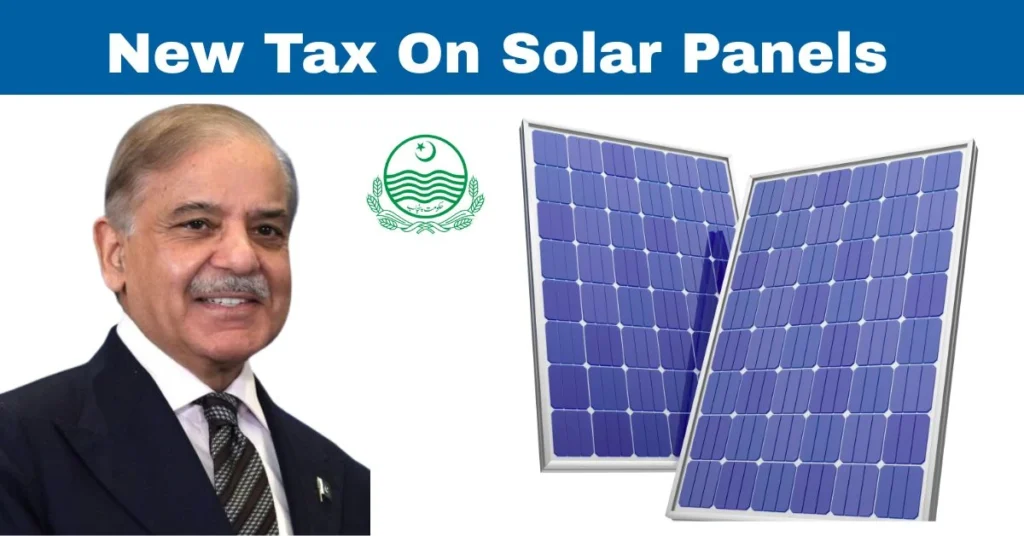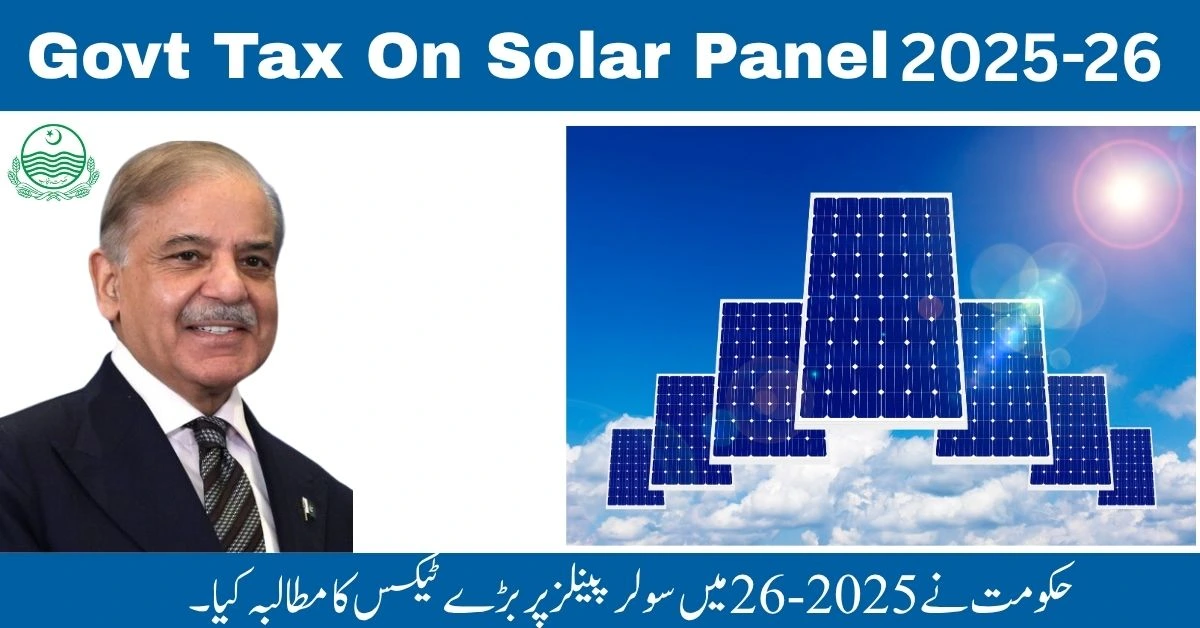Government Announces New Tax on Solar Panels in 2025-26 Budget: What You Need to Know
The government has come up with a shocking decision to introduce a new tax on solar panels in the 2025-26 budget. This move has elicited controversies among environmentalists, industry experts, and consumers who have been canvassing the implementation of renewable energy. The tax is expected to raise extra income, but it creates fears about how this tax will affect the cost and sustainability of solar energy objectives.
This paper is going to discuss the specifics of the new tax, its possible future outcomes, and the response of different stakeholders.
What Is the New Tax on Solar Panels?
The 2025-26 budget introduces a 5% to 10% customs duty and GST increase on imported solar panels and components. Additionally, domestically manufactured solar equipment will face a higher excise duty.
Key Features of the Tax:
- Import Duty Rise: Increased tariffs on batteries, solar inverters and solar panels.
- Domestic Manufacturing Tax: Extra excise duty on domestic produced solar equipment.
- Subsidy Cuts: There are current solar subsidies to resident and commercial users which can be done away with gradually.

Read More: Cm Punjab 8800 Solar Scheme Online Registration 2025
Why Did the Government Introduce This Tax?
The government has cited multiple reasons for this decision:
- Revenue Generation: The tax will mean a lot to the national treasury.
- Encouraging Domestic Manufacturing: The government will also encourage local manufacture of solar panels by making the imports more costly.
- Moderation of Energy Subsidies: According to officials, solar energy has enjoyed massive tax benefits in the past, and currently, it ought to pay up.
Potential Impact on Consumers and Businesses
Higher Costs for Solar Adoption
- Those who want to install solar panels as homeowners and businesses might encounter 10-15 percent increase in price.
- Due to the additional costs, large-scale solar projects may also be delayed.
Slowdown in Renewable Energy Growth
- The 500 GW renewable energy goal set by India by 2030 may not be met in case of solar inaccessibility due to non-economy.
- Small players and emergent companies within the solar industry might not cope with increasing prices.
Boost for Domestic Manufacturers?
- Although the tax is meant to promote production of solar in the country, critics have pointed out that the solar factories in India have not yet reached the capacity of being able to produce solar to satisfy the demand.
- Without a rapid scale-up of local supply, prices may just stay high.
Read More: CM Maryam Nawaz Starts Free Solar Distribution 2025 – Know the Complete Details
Public and Industry Reactions
Supporters of the Tax
- Domestic manufacturers welcome the move, saying it will reduce dependency on imports (mainly from China).
- Fiscal policy experts argue that solar energy should no longer rely heavily on subsidies as the sector matures.
Critics of the Tax
- Environmental groups warn that this could slow down India’s transition to clean energy.
- Solar developers say the additional costs will be passed on to consumers, making solar less attractive.
- Homeowners who planned to switch to solar may reconsider due to increased expenses.
Read More: Govt to Make Solar Net Metering Application Process Easier
What’s Next?
The tax proposal is still under discussion, and industry bodies are lobbying for revisions. Possible outcomes include:
- Partial rollback of duties if backlash intensifies.
- New subsidies to offset the tax burden for residential users.
- Incentives for domestic manufacturing to ensure supply meets demand.
Latest Posts
- KPK Solar Panel Scheme Registration 2025 – Easy Guide to Get Free Solar System
- 10% Tax on Solar Panels from July 1, 2025 – Impact, Concerns & What You Need to Know
- New Taxes on Solar Panels from July 1, 2025 – What You Need to Know
- How to Apply for NRSP Solar Loan – Complete Guide 2025
- 700 Watt Solar Panel Price in Pakistan – Complete 2025 Guide
Conclusion
The new Tax on Solar Panels in the 2025-26 budget has both challenges and opportunities. Although it will help, among other things, boost domestic production and bolster government revenue, it threatens to slow down the switch to solar and create more expenses for the consumer.
The overall outcome will be determined by how the government will match these with the incentives to renewable energy growth. At the moment, the policy is still in the formative stages and industry stakeholders sit back and observe.







